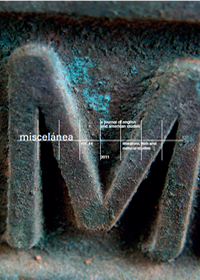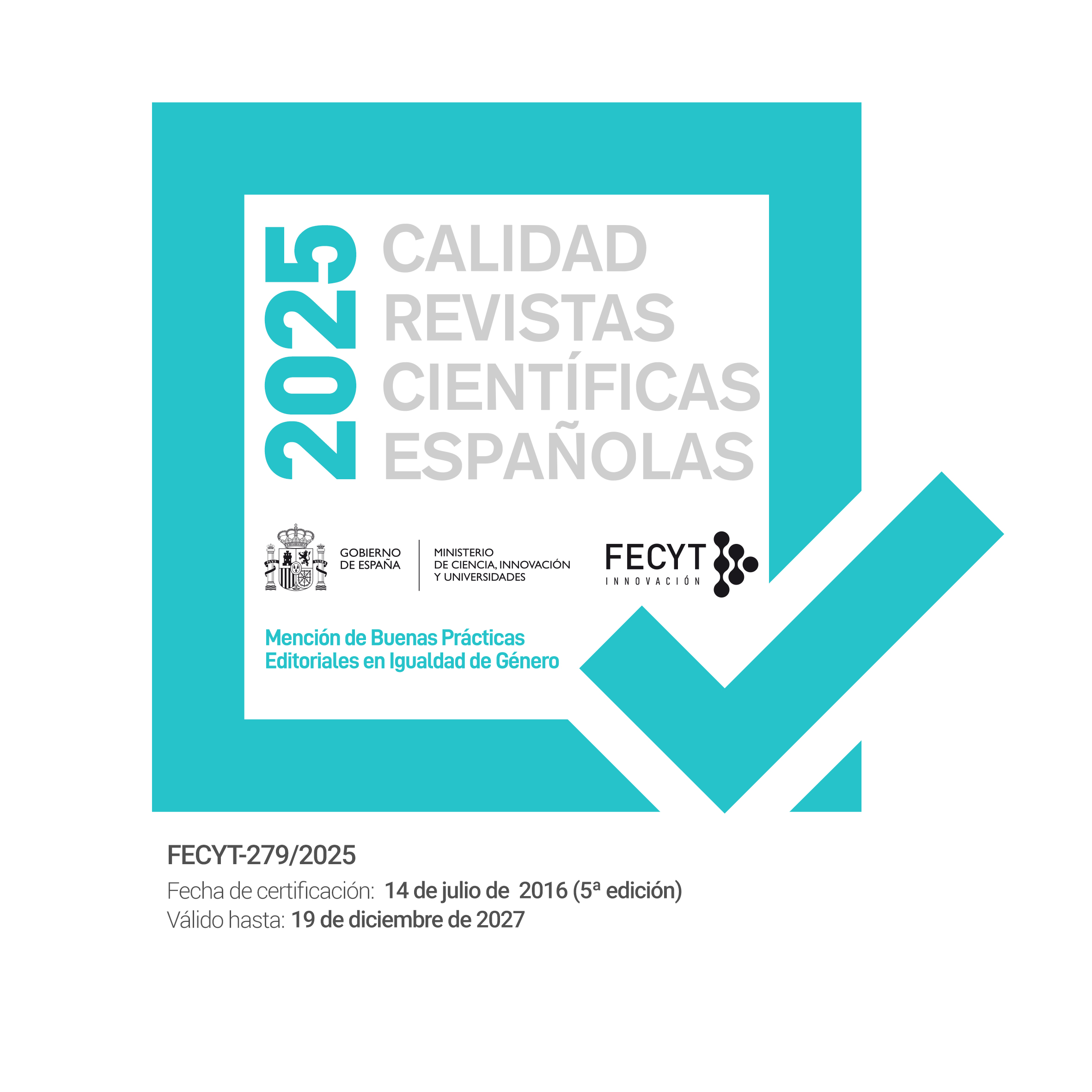Fast Forward to the Past: Revisiting Trauma after the Fall
DOI:
https://doi.org/10.26754/ojs_misc/mj.20119094Keywords:
Trauma, Historiography, Fall, Revision, Memory, Re-writingAbstract
The representation of traumatic experience usually brings to the surface an element that has been long repressed. To a great extent it also implies “breaking the silence” imposed by an authoritarian voice proposing a one-dimensional version of the historical Real. This paper analyses the way in which some recent films —which dramatize the collateral effects of the collapse of Communist regimes— offer new representations of actual historical events and address a common and, at the same time varied, European concern for coming to terms with a recent traumatic past. The films feature their protagonists trapped in a characteristic traumatic paradox as they have to reconcile testimonial accuracy with the essential ineffability of their experiences. However, guided by a common desire to rewrite the past and to heal personal and collective wounds, they resort to the materiality of objects which function as what Pierre Nora terms ‘lieux de mémoire’, that is, new signifiers for the (re)creation of a different History.Downloads
References
Benjamin, Walter. 1988. “Theses on the Philosophy of History”. In Illuminations: Essays and Reflections. New York: Shocken Books: 253-264.
Caruth, Cathy. 1995. Trauma: Explorations in Memory. Baltimore, MA: The Johns Hopkins U.P.
Eliot, T.S. (1922) 1999. The Waste Land. London: Faber.
—. (1936) 1986. “Burnt Norton”. Four Quartets. London: Faber.
Everything is Illuminated. 2005. Dir. Live Shreiber. Warner Independent Films.
Finkelstein, Norman. 2000. The Holocaust Industry: Reflections on the Exploitation of Jewish Suffering. London and New York: Verso.
Foer, Jonathan Safran. 2003. Everything is Illuminated. Harmondsworth: Penguin.
Goodbye, Lenin! 2000. Dir. Wolfgang Becker. X-Filme Creative Pool.
Iggers, Georg. 1984. New Directions in European Historiography. London: Methuen.
Morrison, Toni. 1997. Beloved. London: Vintage.
Nora, Pierre. 1989. “Between Memory and History: Les Lieux de Mémoire”. Representations 26, Special Issue: Memory and Counter-Memory (Spring): 7-24.
Orwell, George. (1949) 1973. Nineteen Eighty-Four. Harmondsworth: Penguin.
The Life of Others. 2006. Dir. Florian Henckel-Donnersmarck. Wiedemann & Berg Filmproduktion.
The Pervert’s Guide to Cinema. 2006. Dir. Sophie Fiennes. Amoeba Films.
The Secret Life of Words. 2005. Dir. Isabel Coixet. El Deseo S.A.
White, Hayden. 1986. Tropics of Discourse: Essays in Cultural Criticism. Baltimore, MA: The Johns Hopkins U.P.
A Woman in Berlin: Eight Weeks in the Conquered City: A Diary. 2006. London: Picador.
Zizek! 2005. Dir. Astra Taylor. Hidden Driver Productions.
Downloads
Published
Issue
Section
License

This work is licensed under a Creative Commons Attribution-NonCommercial 4.0 International License.


